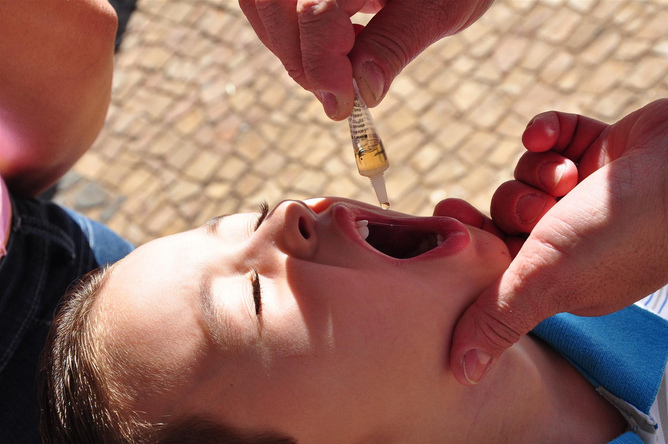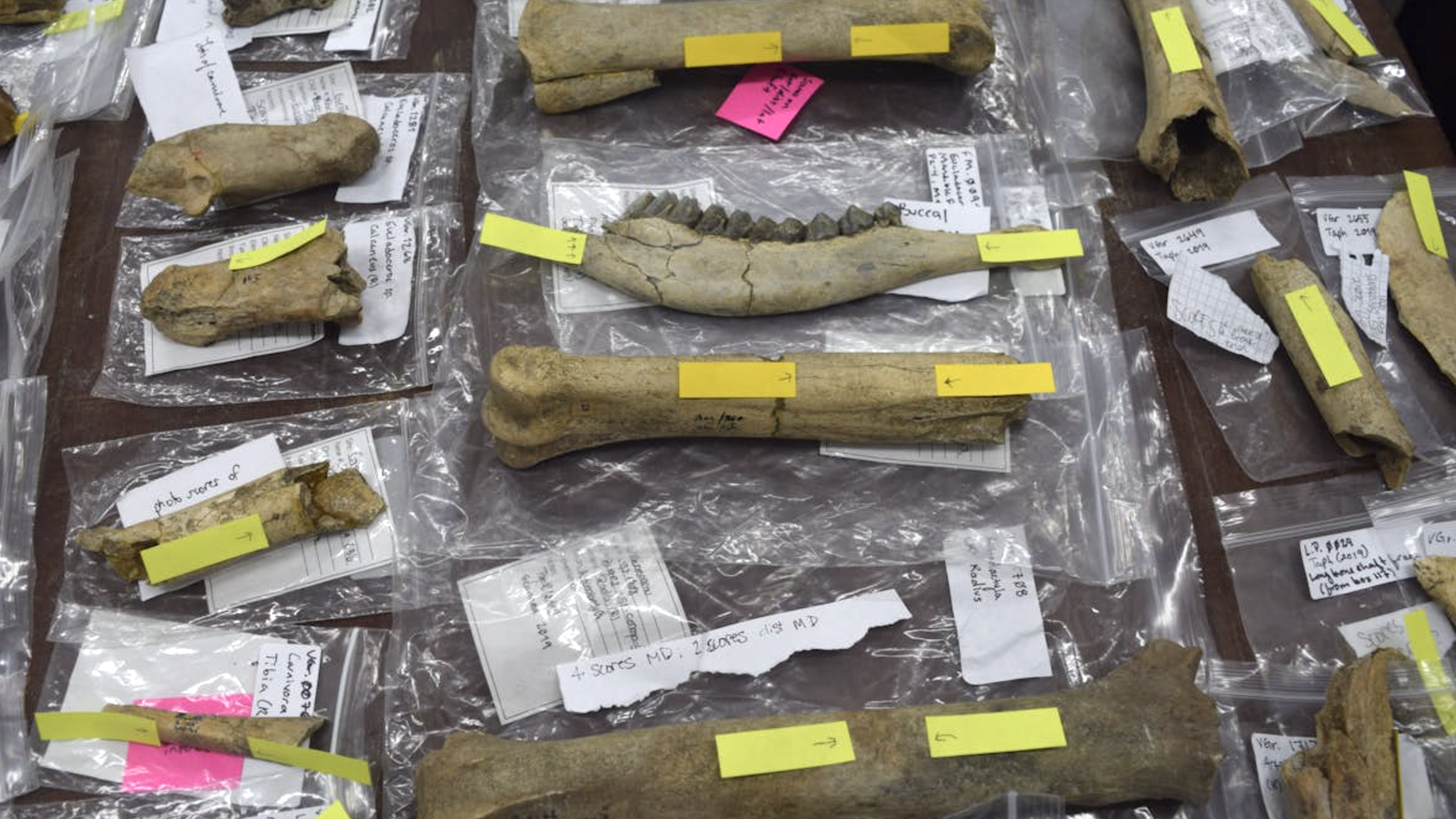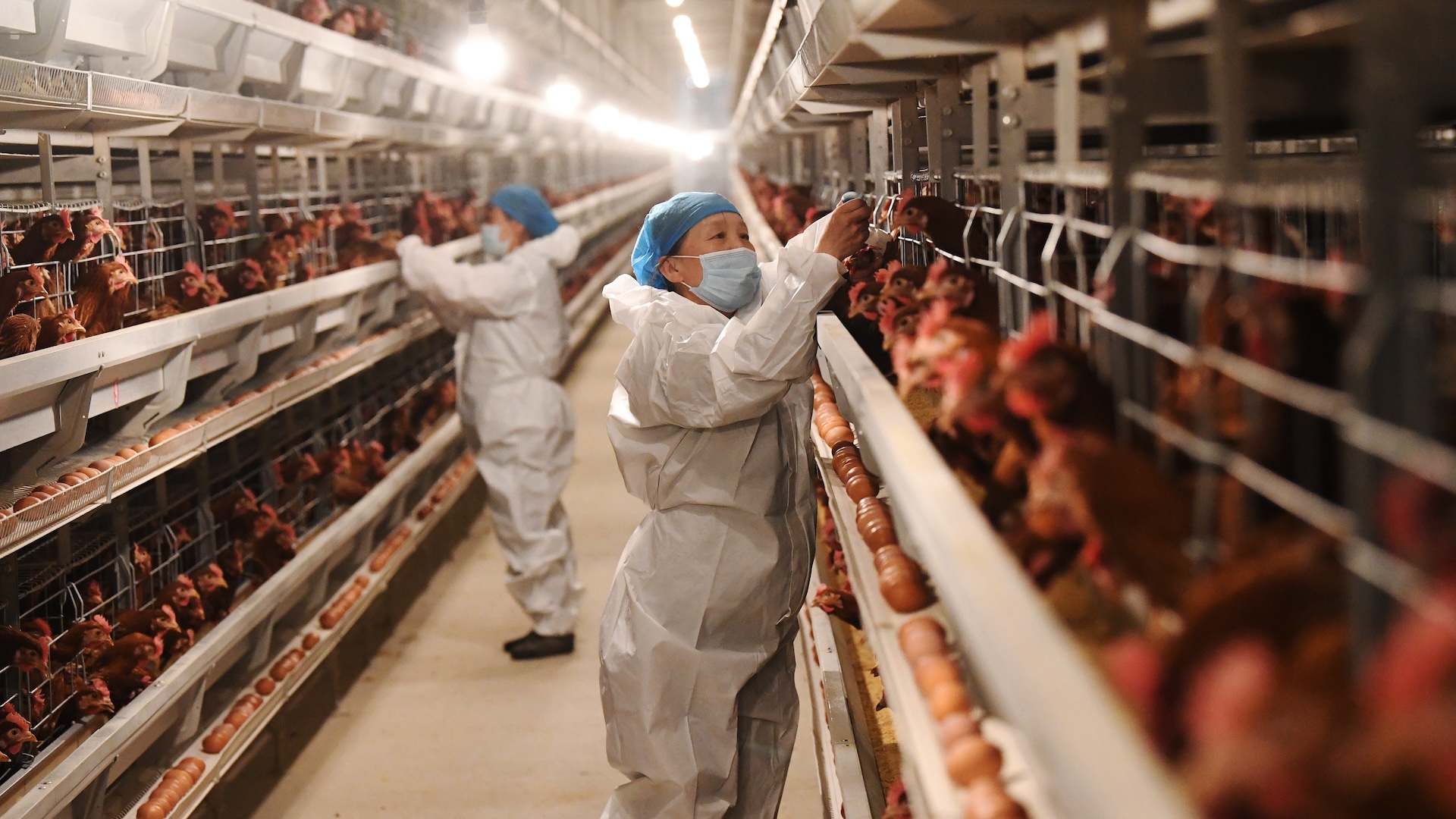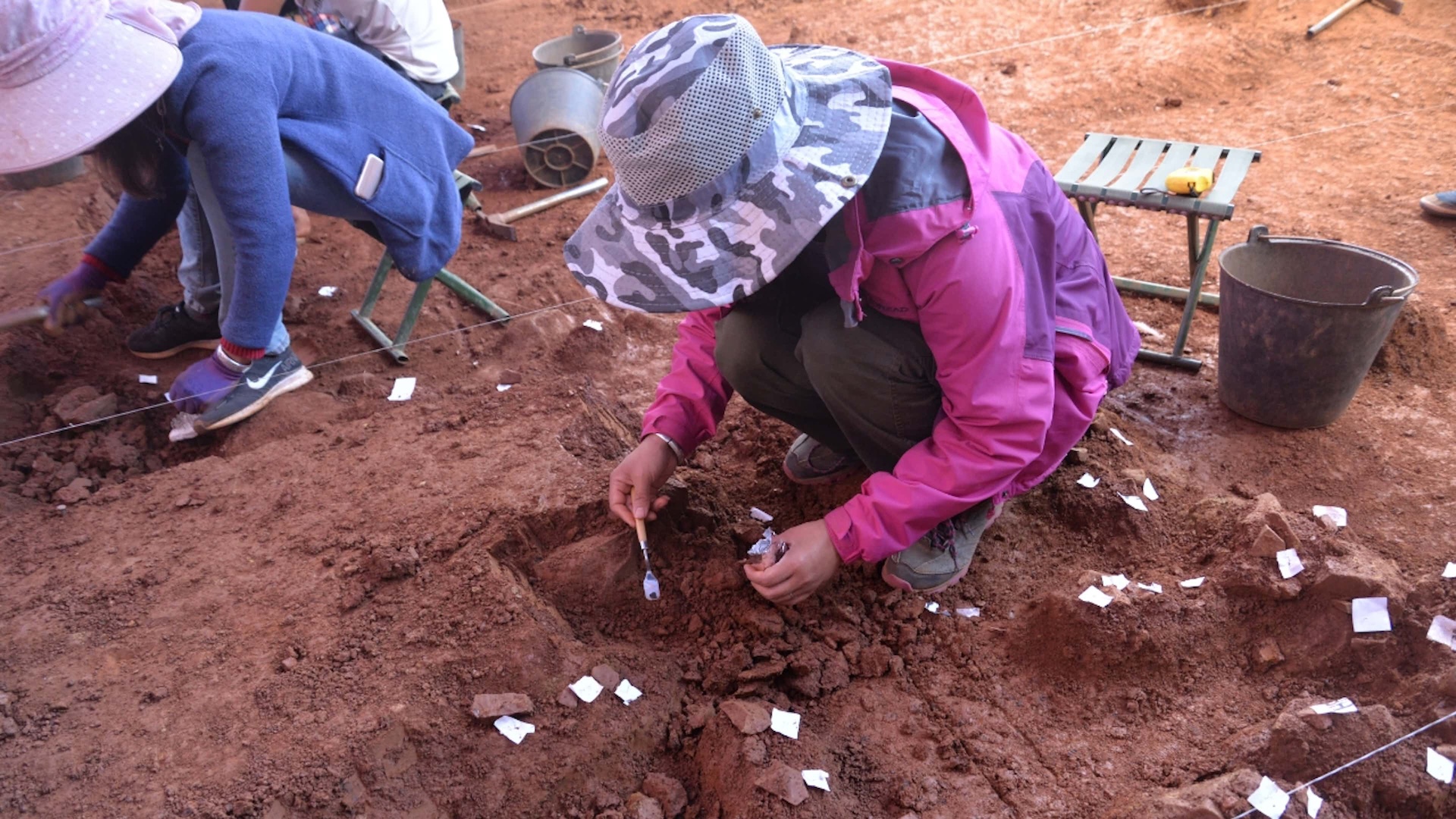
Race Against Time to Prevent Deadly Spread of Polio (Op-Ed)

This article was originally published at The Conversation. The publication contributed the article to Live Science's Expert Voices: Op-Ed & Insights.
Poliomyelitis is a devastating, highly infectious viral disease. It is spread from person to person or through poor sanitary conditions. It can kill those infected or result in permanent paralysis to the limbs and chest. The best “treatment” is prevention, and the best available means of prevention is vaccination.
A great deal of effort has been invested in large-scale programmes across the world, by the World Health Organisation (WHO), UNICEF and the GAVI Alliance, particularly in those few countries where the disease remains endemic. Polio eradication has been a priority since it was declared to be a global aim by the World Health Assembly resolution of 1988.
Until just a few months ago, the co-ordinated effort to eradicate polio was progressing well, with most of the world declared polio free. However, just three weeks ago the WHO used its powers under the International Health Regulations (2005) to declare the current situation in relation to polio a public health emergency of international concern. This is a rare and important event. The fear is that polio will once again be out of control and will spread rapidly across the world. What has happened to reverse the eradication efforts? The simple answer is that too few children are receiving polio vaccination. A full answer is, of course, more complex.
While there are certainly some parents who have decided that the risks of vaccination are not outweighed by the benefits, fears about side-effects have never been prominent in low-income countries. The widespread experience of polio has resulted in high participation rates. More significant has been the role of mistaken beliefs about the effects of vaccination upon the fertility of recipients, most dramatically in Nigeria a few years ago. This resulted in a rapid drop in vaccinations and a spread of polio into other countries that had been polio free for many years.
However, the recent outbreaks that have resulted in the declaration of the global emergency are largely the result of disruption to continuing routine vaccination as a direct result of various conflicts around the world. For example, there is evidence that US security forces used polio vaccination campaigns as a cover for counter-terrorism activities in Pakistan – something the CIA announced it would never do again.
The Taliban in Pakistan have also prohibited participation in polio campaigns in “retaliation” for drone strikes. Vaccination rates have dropped and community workers have been attacked and killed. Polio has spread from Pakistan to Afghanistan and has also re-emerged in Syria as a result of the civil war and is now being exported to neighbouring countries due to the movement of refugees.
Unless urgent action is taken, the global benefit of polio eradication, virtually within sight for so many years, may slip beyond our grasp. And in situations of conflict it is the poorest who are most likely to suffer. Many of us will hold this to be sufficient reason to act.
However, given the nature of infectious disease, self-interest can also motivate political action, and given the recent rise in the anti-vaccination movements in many richer parts of the world, the population in general is now at greater risk. The global health emergency is focused on re-establishing polio vaccination programmes. This is valuable work and should be the immediate priority.
The really significant lesson that we must learn, however, is that global politics has an impact on global health. Fragile states and conflicts may seem far away, but ignoring them affects us all.
Angus Dawson is currently in receipt of research funding for a project on polio vaccination from the Wellcome Trust. In the past his work on vaccination ethics has been funded by the Bill & Melinda Gates Foundation and the McLaughlin-Rotman Centre for Global Health at the University of Toronto. He has never received any funding or benefits of any kind from a phamaceutical company or vaccine manufacturer. He is a member of the Research Ethics Board of Médecins Sans Frontières (MSF) and works with the World Health Organisation on a number of relevant ethical issues.
This article was originally published on The Conversation. Read the original article. Follow all of the Expert Voices issues and debates — and become part of the discussion — on Facebook, Twitter and Google +. The views expressed are those of the author and do not necessarily reflect the views of the publisher. This version of the article was originally published on Live Science.
Sign up for the Live Science daily newsletter now
Get the world’s most fascinating discoveries delivered straight to your inbox.
La Crosse virus disease: The rare mosquito-borne illness that causes deadly brain inflammation
Parasitic worm raises risk of cervical cancer, study finds










